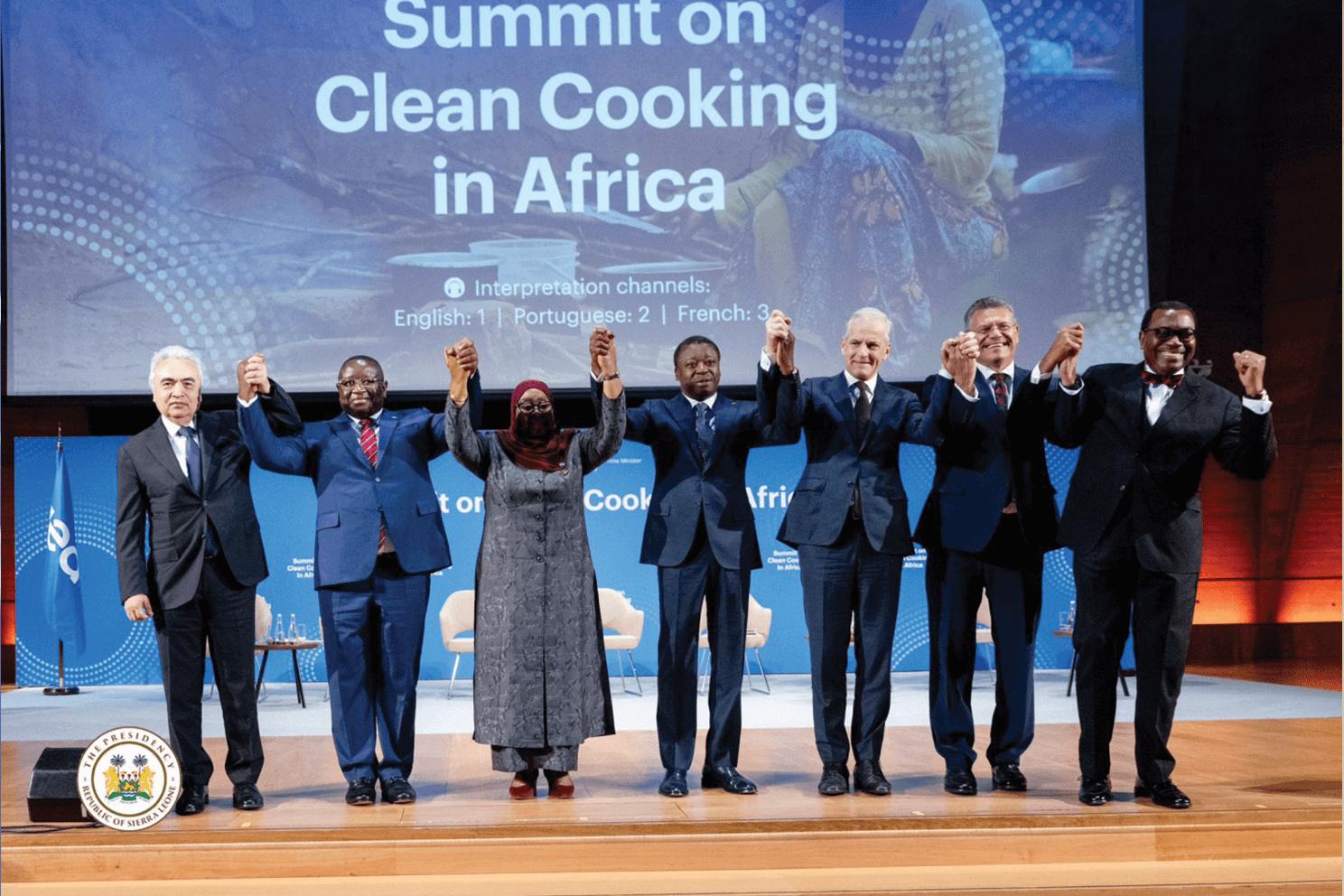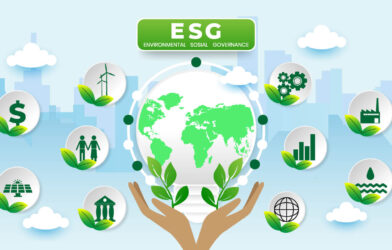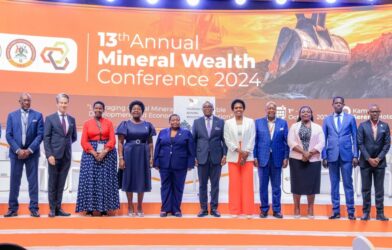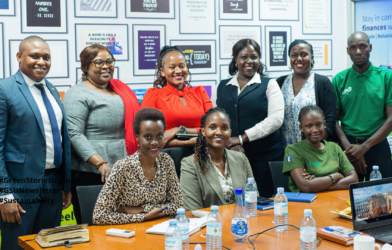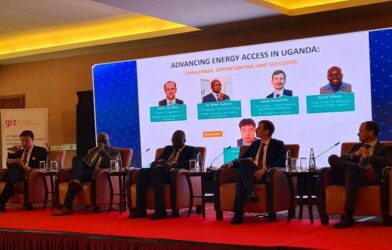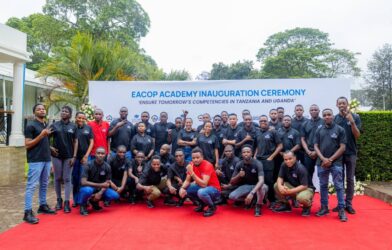On Tuesday, May 14th 2024, the UNESCO Headquarters in Paris became the venue for a transformative event—the Summit on Clean Cooking in Africa. Hosted by the International Energy Agency (IEA), the summit aimed to make 2024 a turning point in the pursuit of universal access to clean cooking. Global leaders from governments, development agencies, private sectors, philanthropies, and non-governmental organizations gathered with a shared vision and purpose.
Led by the co-chairs, President Samia Suluhu Hassan of the United Republic of Tanzania, Prime Minister Jonas Gahr Støre of Norway, Dr. Akinwumi A. Adesina, President of the African Development Bank Group, and Dr. Fatih Birol, Executive Director of the IEA, the summit sought to elevate clean cooking to the forefront of the global agenda. The goal was to mobilize a broader coalition of support for this critical issue and secure financial commitments from various stakeholders with over 1,000 delegates in attendance, including African government officials, institutions and private sector players.

President Samia Suluhu Hassan of the United Republic of Tanzania during the Summit
President Samia Suluhu Hassan of Tanzania emphasized the importance of securing sufficient, affordable, and sustainable funding for suitable solutions and innovations to ensure universal access to clean cooking in Africa. She also highlighted the need for global attention, effective policies, and partnerships in order to advance the clean cooking agenda. President Hassan stated that achieving progress in this area would not only protect the environment and climate but also promote better health outcomes and gender equality.

The Summit on Clean Cooking in Africa has generated a commitment of $2.2 billion to address the lack of access to clean cooking thus reducing emissions and restoring forests. The commitments go beyond financial contributions and outline concrete steps for collaboration between governments, institutions, and the private sector. The African Development Bank (AfDB) will increase financing to $200 million annually over the next decade and scale up blended finance through the Sustainable Energy Fund for Africa (SEFA). Follow for Details.





